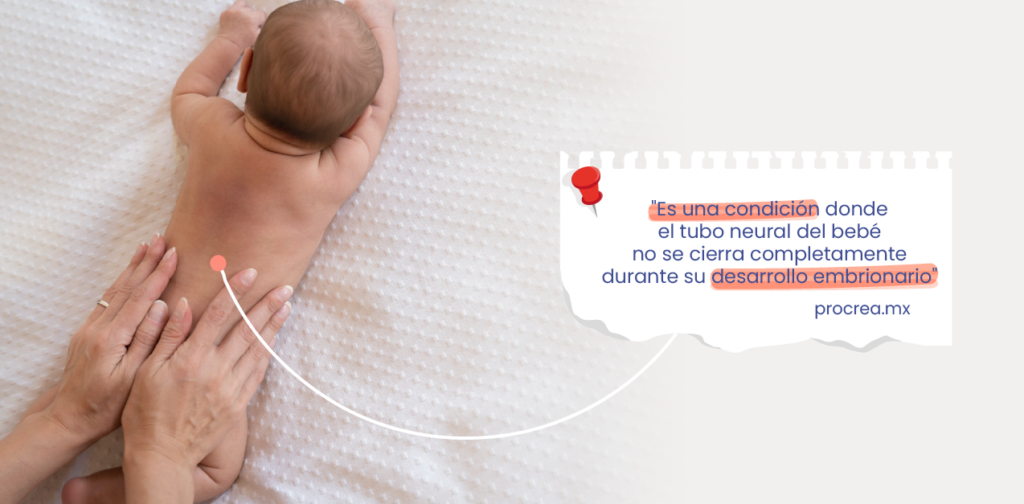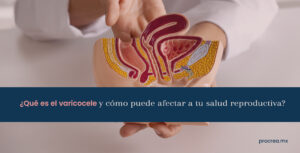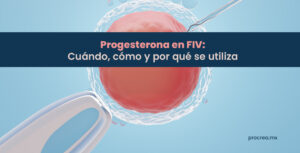The spina bifida is a medical condition where the baby's neural tube does not completely close during its embryonic development.This can result in a variety of health problems, as the spinal cord and bony structures may become exposed or damaged. Here, we provide more information about this pathology and how it can be prevented.
Why does occur spina bifida?
The neural tube is a structure that forms in the early stages of pregnancy and eventually gives rise to the central nervous system, which includes the brain and spinal cord. When it does not properly close in the area that forms the spinal column, can affect mobility. The severity and symptoms of spina bifida can vary widely depending on the location and degree of the opening.
Types
There are several types of spina bifida:
- Espina Bífida Oculta: The opening in the spine is small and there is no visible anomaly. It often does not cause symptoms and may go unnoticed.
- Meningocele: In this variant, a sac of cerebrospinal fluid and membranes covering the spinal cord (called meninges) protrude through the opening in the spine, but the spinal cord itself is not exposed.
- Mielomeningocele: This is the most severe form of spina bifida because the spinal cord and meninges protrude through the opening of the spine. This can cause damage to the spinal cord and lead to neurological disabilities.
How to prevent it?
The spina bifida is a congenital condition, meaning it develops during pregnancy and cannot be completely prevented. However, some measures can be taken before and during pregnancy to reduce the risk of developing this anomaly, such as ensuring an adequate intake of folic acid. Additionally, receiving early and regular prenatal care is essential.
At assisted reproduction genetic tests such as PGTA can be performed to detect chromosomal abnormalities in the embryo to increase the likelihood of a healthy pregnancy. These analyses aim to rule out genetic defects before embryo transfer, providing certainty of having a healthy baby.
If there is a family history of spina bifida or if you want to ensure that your baby is developing under the best conditions, it is important to consult a professional for advice and specialized care. At Procrea we offer genetic studies that can help detect abnormalities, and our maternal-fetal specialist will support you throughout your pregnancy journey. Feel free to reach out to us, and we will be happy to assist you.















